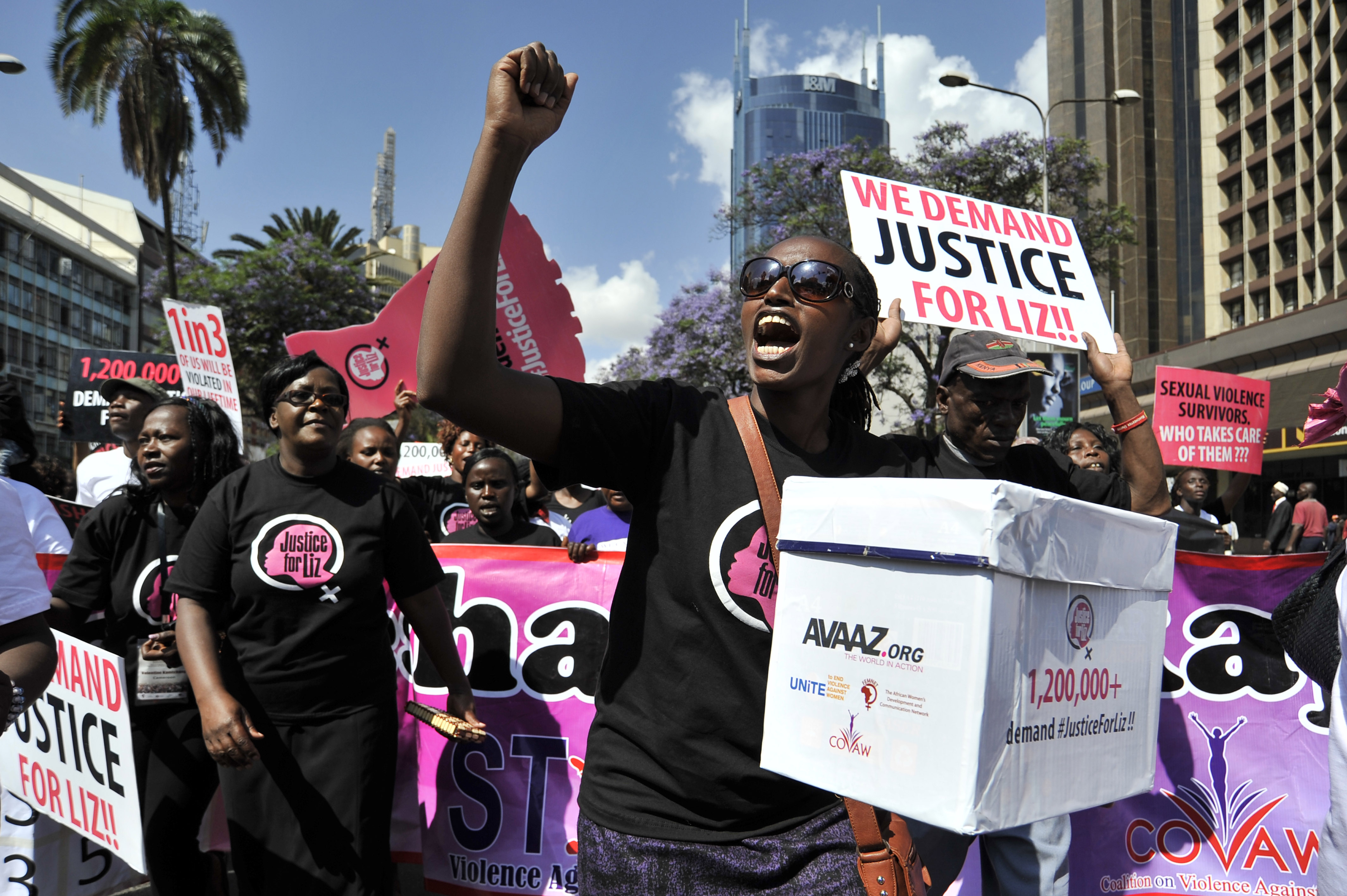Justice systems increasing inequality in Africa-UPSA Global Law College affirms
The Global Law College, which was the first of its kind by the school, drew citizen participants from nations across the continent to discuss the problems of law, justice, and society in Africa.

Participants at the maiden UPSA Law School Global Law College have assessed the impact of the justice system on inequality in Africa.
It’s been affirmed that difficulty in accessing justice has rather increased inequality among persons on the continent.
As a long-held democratic principle, access to justice has come to be seen as a cornerstone in the lives of citizens of every country. This is underscored by its inclusion in the United Nations Sustainable Development Goals which places a duty on societies worldwide to “promote peaceful and inclusive societies for sustainable development, provide access to justice for all and build effective, accountable and inclusive institutions at all levels”.
Access to justice is basically defined as the citizens' ability to seek and obtain remedies, prevent their rights from being abused, and how to obtain remedies when their human rights are abused.
The Global Law College, which was the first of its kind by the school, drew citizen participants from nations across the continent to discuss the problems of law, justice, and society in Africa.
Under the esteem moderatorship of Nicole Soeke, South African legal practitioner and a pupil at the Pan African Bar Association, the discussion opened with polls on what participants believe to be the main reason why people in their communities do not use the courts to resolve issues and on whether access to justice in their home countries have increased or decreased inequality.
The majority of the participants were of the view that the justice system in their various countries has increased inequality rather than decrease the same.
They believe that the courts are only accessible to the rich to the detriment of the rather poor in society.
To one participant, the issue of access to justice cannot be discussed without dealing with the issues of legal education.
He believes that legal education in Ghana has especially been skewed to favor persons with deep pockets.
Additionally, the under-resourced state of Ghana's Legal Aid Commission was blamed for the inequality created in our quest to provide access to justice per the few numbers of lawyers which makes it difficult for the needy especially to benefit from their services.
Further to the above, the “let’s leave it to God” attitude of Africans was also blamed for being responsible for the lack of access to justice on the part of indigenes.
It was noted that this practice is resorted to at times due to the lack of their trust in the justice system thus the belief that issues will not even get anywhere when they are reported to the law enforcement agencies.
Additionally, religion was mentioned as being a contributory factor to the attitude of the ‘leave it to God’ because religious leaders usually step in to outtalk people from resorting to the justice system when assaulted or wronged.
Overall, the high rate of poverty on the continent came to the fore as a strong force that inhibits people from resorting to the justice system in Africa due to the belief that justice is expensive.
Another important point that was not minced was the advertising restriction placed on lawyers on the continent which makes it difficult for the citizens to know the legal practitioners and firms of their choice to go to in times of need.
The maiden seminar, which was held virtually on the topic: Poverty and Access to Justice in Africa, provided the platform for varied citizens to share their views on the access to justice situation on the continent.


